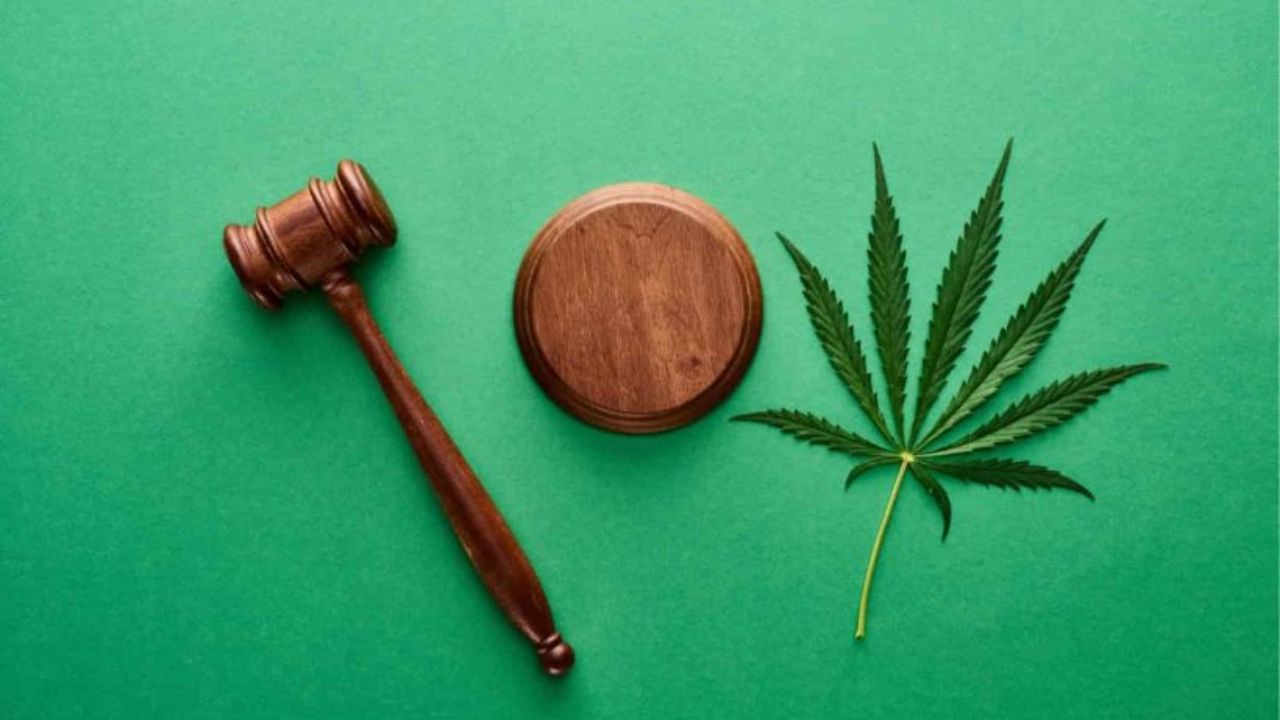Florida has sanctioned the use of medical marijuana but has not yet embraced recreational use. This implies that only individuals with specific qualifying ailments are permitted to use and possess cannabis within the state. Nonetheless, there are local initiatives that have lightened the consequences for small-scale marijuana possession, shifting from criminal charges to civil fines. In this article, we’ll delve into the present state of marijuana legislation in Florida and what the future holds.
Medical Marijuana in Florida
In 2016, Florida made a significant stride by legalizing medical marijuana through the Florida Medical Marijuana Legalization Initiative, commonly known as Amendment 2. This amendment authorizes patients with a doctor’s recommendation to utilize marijuana for managing various conditions, including cancer, epilepsy, glaucoma, HIV/AIDS, PTSD, and more.
Patients must be at least 18 years old or have a designated caregiver if they are minors. They must also register with the Office of Medical Marijuana Use (OMMU), the entity responsible for overseeing Florida’s medical marijuana program.
Patients can procure medical marijuana from licensed dispensaries, also referred to as Medical Marijuana Treatment Centers (MMTCs). As of October 2022, there are more than 450 operational dispensary locations throughout Florida. Patients are allowed to purchase up to 2.5 ounces of marijuana every 35 days and can possess up to 4 ounces at any given time.
They can also access various marijuana products, such as oils, edibles, tinctures, and topicals. However, purchasing or using marijuana flowers is restricted unless it’s in a tamper-proof container suitable for vaping. Smoking marijuana is also limited unless the patient is diagnosed with a terminal condition and obtains a second physician’s opinion.
Recreational Marijuana in Florida
Recreational use of marijuana remains prohibited in Florida, and the state maintains some of the harshest penalties for marijuana possession in the United States. Possession of any amount of marijuana is classified as a misdemeanor, carrying penalties of up to one year in jail and a $1,000 fine.
If an individual is found in possession of more than 20 grams of marijuana, it becomes a felony, punishable by up to five years in prison and a $5,000 fine. Owning more than 25 pounds of marijuana is deemed trafficking, which is subject to severe penalties, including up to 30 years in prison and a $200,000 fine.
However, several cities and counties within Florida have adopted local ordinances that decriminalize the possession of limited amounts of marijuana, typically up to 20 grams. Instead of arresting and prosecuting offenders, law enforcement can issue civil citations or fines ranging from $25 to $100. Some of the regions that have decriminalized marijuana include Miami-Dade County, Orlando, Tampa, Key West, and Sarasota.
Future of Marijuana in Florida
Efforts to legalize recreational marijuana in Florida have been made but have not yet achieved success. In 2020, two ballot initiatives were proposed to amend the state constitution to allow adults aged 21 and above to use and possess marijuana. Regrettably, neither of these initiatives garnered enough signatures to qualify for the ballot.
In 2021, a new ballot initiative was launched, named Make It Legal Florida, which seeks to legalize marijuana for adults aged 21 and older and permit existing medical marijuana dispensaries to sell recreational marijuana. This initiative is required to collect over 891,000 valid signatures by February 2022 and obtain approval from 60% of voters in the November 2022 election.
In addition to the ballot initiative, there is also a bill in the state legislature aimed at legalizing recreational marijuana. The bill, SB 1576, was introduced by Senator Victor Torres in March 2021. It proposes the creation of the Division of Cannabis Management under the Department of Agriculture and Consumer Services, which would oversee the licensing and taxation of marijuana establishments.
The bill would also permit adults aged 21 and older to possess up to 2.5 ounces of marijuana and cultivate up to six plants at home. It also includes provisions to remove cannabis from the list of controlled substances and expunge the records of individuals previously convicted of marijuana offenses. However, the bill has not progressed in the legislative session and is unlikely to be passed.
Conclusion
The marijuana laws in Florida are multifaceted and subject to change. While medical marijuana is legally accessible, the use of recreational marijuana remains illegal and is subject to severe penalties. Nevertheless, there are ongoing efforts at the local and state levels to decriminalize marijuana possession and to potentially legalize it for adult use. The final outcome remains uncertain, but there is growing public support and acknowledgment of the potential economic benefits associated with such changes.
